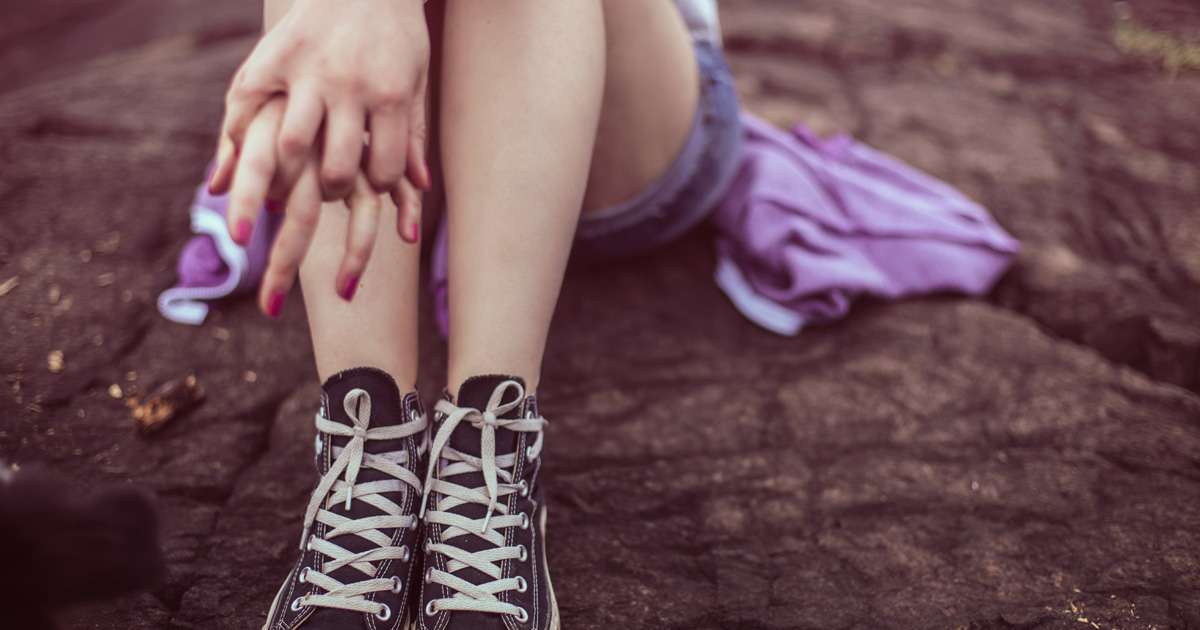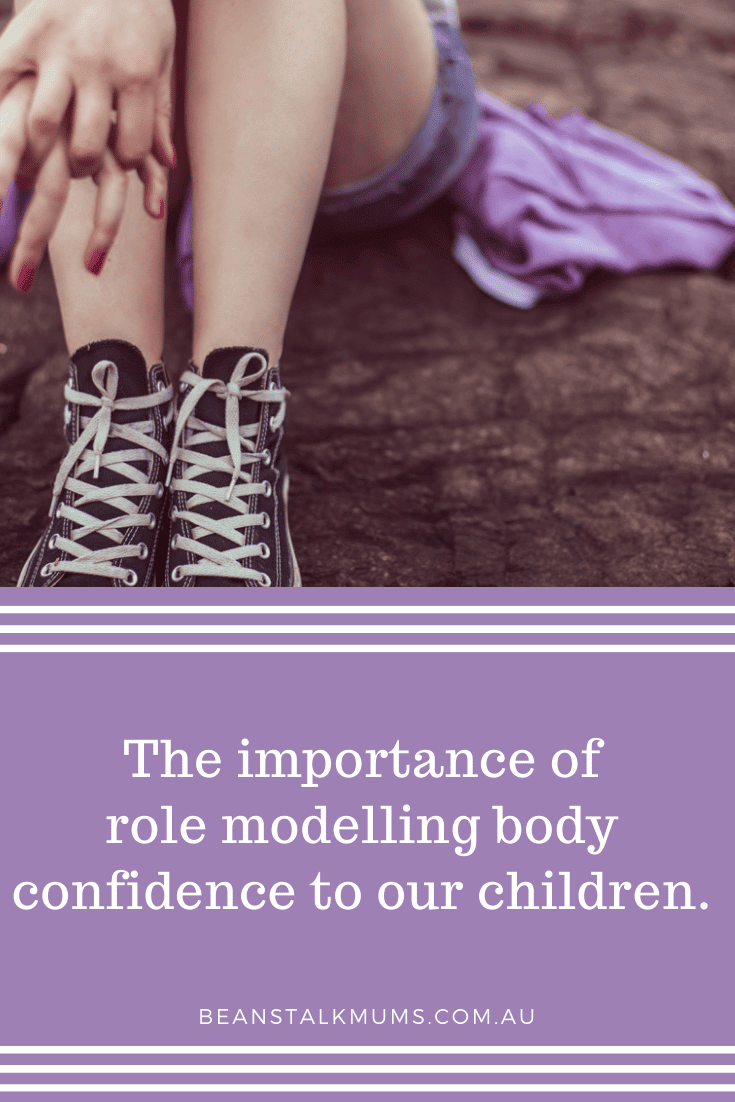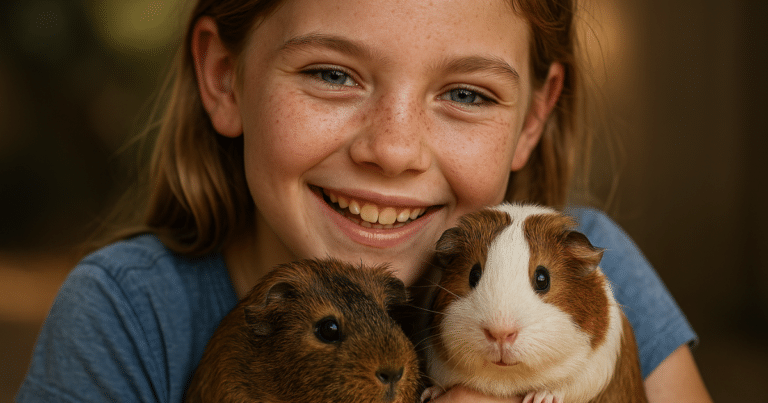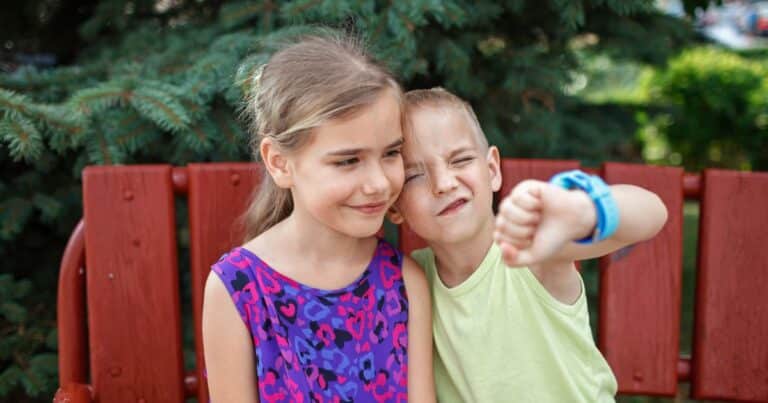
Imagine this …
Your child walks in on you trying on a new outfit in the mirror. You are trying to smooth down your stomach, checking the back to see your butt. Then your brain starts letting your thoughts out, and you say “hmm, I think I’ll take this back, I hate the way my stomach looks so big in it”. You’re just making conversation, and you’re just being honest.
However, in that moment, your child learns big lessons that will affect their body confidence and possibly stay with them throughout their life.
They learn about what women should look like, and how they should feel about their bodies and themselves.
THE INFLUENCE OF PARENTS ON CHILDREN’S BODY IMAGE
Parents are a strong influence on children’s body image. This includes thoughts and feelings that they have about their appearance through:
- Direct sources such as food, physical activity, and
- Indirect sources such as role modelling, acceptance of appearance-based teasing.
Research suggests that mothers are one of the strongest influences of body image attitudes and behaviours to children. We do this by:
- Modelling attitudes towards our own bodies and,
- Displaying behaviours based on our thoughts and feelings about our bodies.
Children engage in a lot of vicarious learning about the world, by watching other people, particularly up to the age of six or seven. They learn from us, and role modelling takes place, even when we are not aware of it, or actively trying to teach them something.
FACT: They are more likely to pick up on and remember the things they “see” that have an emotional component than the “lessons” we give them.
WHY TO KEEP READING THIS ARTICLE …
Now, I’ve got three kids – one is eight, and twins who are five. And I really hate parenting articles that make you feel guilty for things that you might have said and done in your parenting past. So please, let’s move forward with compassion and kindness to ourselves (more on this later!).
It is also worth noting that you are not alone in that familiar feeling of mum guilt.
A body confidence study in the U.S. found that:
“76% of mothers reported sometimes or often using at least one ‘fat talk’ statement in front of their children, with the most common statements being ‘I complain that I am not in shape’ (42.8%), ‘that I am fat’ (34.7%) and ‘that I have gained weight’ (34.6%).”
So, if how you feel about your body, what you say about your body, and how you speak about other people’s bodies is important, this article will help. We discuss what can do to role model positive attitudes and improve the likelihood that your child will feel good about their body and the way they look.
HOW TO ROLE MODEL BODY CONFIDENCE TO OUR CHILDREN
WORDS MATTER
Try not to say negative things about your body front of your child. This can take some practice, but it is worth it!
Every time you catch yourself about to say, or halfway through saying something negative about your jiggly tummy when your child pokes it, try to flip it to a positive about the functionality of your body with:
“Yes, my tummy is soft and squishy, AND that makes it much better for cuddling you.”
I call this the “Red Riding Hood” approach, as in “all the better to see/hear/smell/eat you with my dear”.
JUDGEMENT BE GONE
To encourage body confidence, it is important not to comment on other people’s bodies … in a positive OR negative way.
Do not say things like:
“Oh, you look great, have you lost weight?”
“Wow, she’s really getting big.”
We generally say these things to voice aloud the automated self-comparisons that are happening in our heads. However, they teach our children more about how to judge others and can become the voice inside their heads when they judge themselves.
Instead of this, try practicing compassion towards others. Take a deep breath and send kindness instead of judgement their way, or at least don’t say anything out loud. You could think or say non-appearance-based compliments like this instead:
“You look so radiant today- your energy is amazing!”
“I hope that (name) is looking after herself right now.”
MODEL POSITIVE BEHAVIOURS
Show your child how you nourish your body with great food, and joyful physical activity. In doing this, you are teaching your child that:
- You are worthy of looking after
- We love our bodies, so we need to look after them
- Food and movement are for fun and keep us healthy, not a punishment or a chore
For improved body confidence, try one new activity together where you can move your bodies and have fun. A silly dance party before dinner, or a fun game at the park. Point out the way that our hearts are beating fast and keeping us healthy as we have fun.
Remember, when you are doing physical activity on your own, tell yourself and your kids that you are doing this online exercise class because you want to look after your body, not because you want to change it.
DITCH THE DIET … OR AT LEAST THE DIET TALK
You might have already guessed what’s coming next …
Part of modelling positive food and movement behaviours also means us stopping ourselves when we are going to use negative wording. Instead of:
“Mummy has to eat a salad because I need to lose weight.”
You could say:
“Mummy loves eating all of these vegi’s to make my body feel good.”
Can you see how flipping this switch could make all the difference to your kids?
If weight loss is important to you, try investigating non-diet approaches, or professionals that take a body positive, Health at Every Size [HAES] approach.
WORK ON YOUR OWN BODY CONFIDENCE
The Body Confident Mums team published some research last year to explore the role modelling of mums and how they related to their own body image, and their diet and exercise behaviours. We found that the mums who had a better body image themselves according to our standardised measures were more likely to agree that they were a good role model for their children.
For Mums who are struggling with this, the first thing that you can do is start to treat yourself and your body with more self-compassion.
Try changing the critical voice in your head to say the sorts of kind things that a friend would say to you instead. There are some great meditations to listen to by Kristen Neff that can kickstart this process. For more evidence-based resources to help you encourage body positivity to your children check out the Body Confident Mums Resource Page and follow us at @bodyconfidentmums on Instagram.

Starting on the path to making these changes, flipping your words, and eventually your thoughts to role model positive body image can be a huge help in interrupting the intergenerational transmission of poor body image to your kids.














